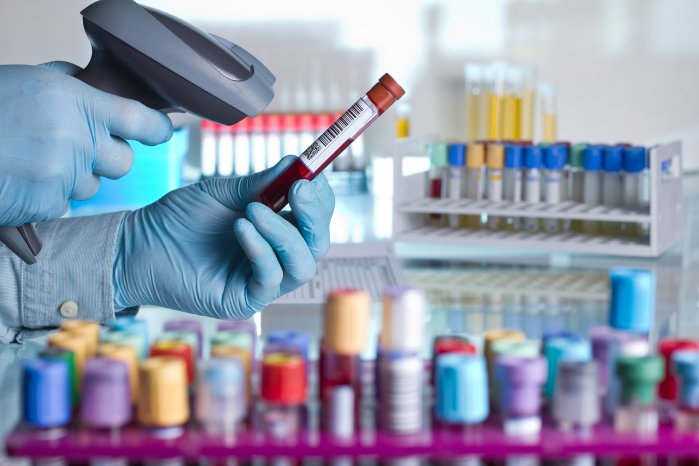SKZ: Mr. Geist, you lead the SKZ seminar on quality management for medical products in the plastics industry. What is the course about?
Alexander Geist: The course goes through the requirements of ISO 13485 and discusses a pragmatic implementation of the requirements. A special feature of the course is the practical exercises, which are carried out directly on production machines at the SKZ. One focus is on the topic of validation and the application of statistical methods.
SKZ: What are the special features of medical products, particularly in the plastics industry?
Geist: In the development and manufacture of medical products, the safety of patients, users and third parties of these products is paramount. Therefore, there are some special features in the plastics industry during development and production. These include infrastructure requirements for lubricants and maintenance intervals for machines. Machine validation cycles also play a role, as the plastics industry often produces in large quantities and 100% testing is not economical. The different properties of plastics, which must be taken into account when developing components (e.g. biocompatibility requirements, etc.), and cleaning cycles for production machines should also be mentioned.
SKZ: Why is it attractive to obtain DIN EN ISO 13485?
Geist: Quality management for medical devices is very strongly characterized by regulations. Every manufacturer of medical devices in Europe is legally obliged to introduce a quality management system. You could describe the certification of a quality management system for medical device manufacturers as a "driver's license". In practice, more and more manufacturers are also requiring their suppliers to be certified in accordance with ISO 13485. Certification is therefore not only necessary for manufacturers, but also attractive for suppliers who want to supply medical device manufacturers.
SKZ: What can participants expect on the course?
Geist: What is special about the four-day course is clearly the practical exercises on the machines paired with pragmatic approaches to standard requirements - this is not the case with comparable courses. For example, the participants maintain, service and clean the machines or carry out an opportunity/risk analysis during the practical part of the course. As a result, participants will not only be able to implement the legal requirements in their company. After this course, they will also be ready to introduce, maintain and improve a management system in accordance with ISO 13485 in the plastics industry.


